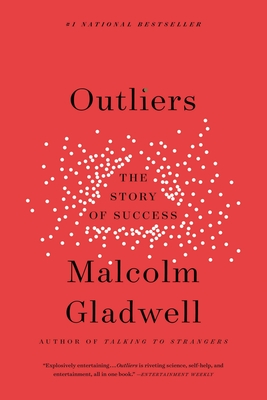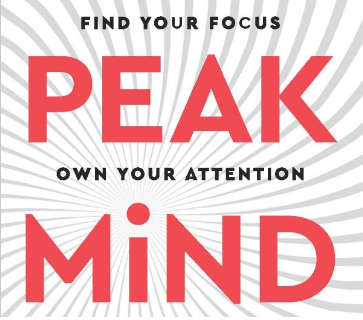Slash Your Taxes: 7 Smart Strategies

As a business owner, navigating the sea of taxes can feel like steering through a storm. But fear not! With the right strategies, you can lower your tax bill and keep more money in your pocket. Here’s how:
- Max Out Retirement Contributions: Contribute as much as you can to retirement accounts. These contributions are often tax-deductible, lowering your taxable income. Think of it as killing two birds with one stone: saving for retirement and reducing taxes.
- Deduct Home Office Expenses: In this post COVID world, most knowledge workers continue to work in part or full time from home. If you’re working from the corner of your living room or a dedicated office space, you might be eligible for the home office deduction. This can include a portion of your rent, utilities, and internet costs. Make sure your space is exclusively used for business, though.
- Leverage Tax Credits: Dive into the treasure trove of tax credits available for small businesses. From energy efficiency improvements to hiring veterans, tax credits directly reduce your tax bill, dollar for dollar.
- Invest in Equipment: The Section 179 deduction allows you to write off the full purchase price of qualifying equipment or software in the year you buy it, rather than depreciating it over several years. It’s like an instant discount on new tech or machinery.
- Defer Income and Accelerate Expenses: If you expect to be in the same or a lower tax bracket next year, consider delaying invoices or accelerating expenses. Purchase needed supplies or pay bills early to reduce this year’s taxable income.
- Hire Family Members: Employing your children or spouse can shift income to a lower tax bracket and take advantage of their standard deduction. Just ensure the compensation is reasonable and for actual work done.
- Stay Organized and Track Everything: The key to maximizing deductions is diligent record-keeping. Use software or a good old-fashioned spreadsheet to track every expense and income source. When in doubt, ask a tax professional if it’s deductible.
Wrapping Up
Tackling taxes with these strategies can significantly lower your small business tax bill. Remember, though, tax laws are complex and ever-changing. It’s wise to consult with a tax professional to ensure you’re making the most of your tax-saving opportunities and staying compliant.
Happy savings!

